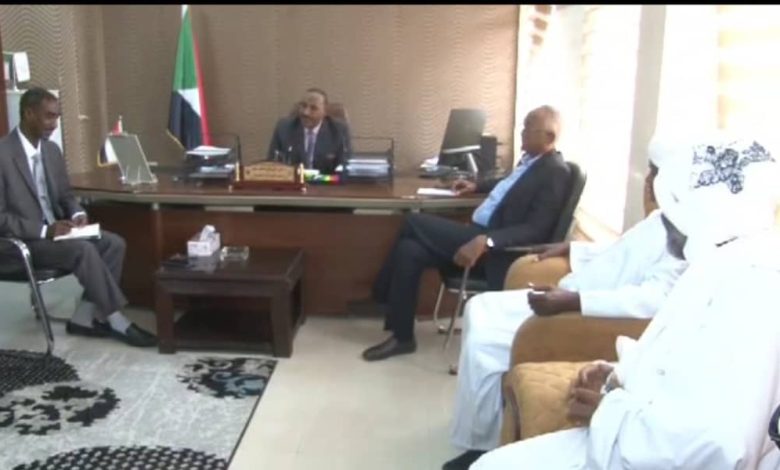Measures to end the monopoly of electricity production by the government

Sudan Events – Rehab Abdullah
The Minister of Energy and Oil, Dr. Mohiuddin Naeem Mohamed Saeed, revealed
About initiating procedures to break the monopoly of electricity production by the government by amending the law and allowing the private sector to produce electricity and attract investors to invest in new and renewable energies and benefit from the multiple sources in the northern state and other states, in addition to striving seriously to increase the Sudanese-Egyptian electrical connection to (300). This came during his meeting (Tuesday) with the delegation of the Northern State, in the presence of the Director General of the Sudan Electricity Holding Company and the Director General of the Electricity Distribution Company. The meeting addressed the need for the Northern State to benefit from renewable energies, especially sun and wind energy, electricity for agricultural projects, and the possibility of supplying strategic locations, cities, and rural areas with electricity.
“We have promising projects for solar and wind energy; We worked to prepare the required studies, and now opportunities are available for investors to enter into these projects to advance the electricity sector in Sudan.” Abdullah Ahmed Mohamed said.
Addressing the current situation of the electricity sector in light of the ongoing war, the Director General of the Electricity Distribution Company, Engineer Montaser Abdul Rahman Al-Sheikh, pointed out that revenues have stopped for an entire year despite their smallness compared to generation costs, explaining the need for huge resources to rehabilitate the electricity sector, revealing the damage of a number of transformers as a result of overloading due to random connections. “I call on citizens to rationalize and stop making such connections to preserve the country’s electricity facilities.” He said
The delegation of the northern state presented a picture of the suffering of citizens in light of the presence of a number of strategic sites, cities and rural areas outside the national electricity grid at a time when Sudanese-Egyptian electrical connections are taking place across the state, in addition to the state’s richness in renewable energy sources, especially solar and wind energy, and the vast areas in light of the state’s need to electrify agricultural projects to provide food for all of Sudan, calling for accelerating work on the Dongola power station using solar energy.



